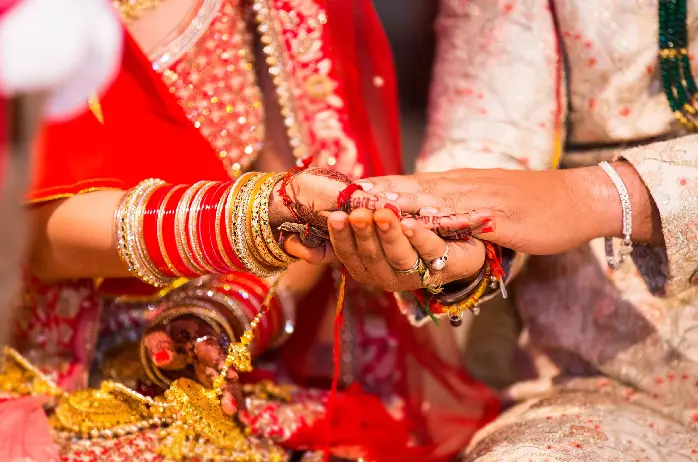
Why Indian Marriages Are Failing—And Why It’s a Step Toward a Better Future
For generations, Indian marriages were built on endurance rather than happiness. The idea that staying together is more important than being happy together had been deeply ingrained in society. However, this mindset is now being challenged. The rising divorce rates in India are often viewed negatively, but in reality, they signal a much-needed shift towards prioritizing personal fulfillment and emotional well-being.
Why Are Indian Marriages Changing?

- Shifting Power Dynamics: Women are increasingly financially independent, leading to a greater sense of agency and a decreased reliance on marriage for security.
- Focus on Individual Happiness: The emphasis on individual growth and personal fulfillment has gained prominence, leading couples to question the traditional sacrifices associated with marriage.
- Changing Social Norms: Societal stigma surrounding divorce is gradually diminishing, allowing individuals to prioritize their well-being without fear of social ostracization.
- Rise of Expectations: Couples today have higher expectations for their relationships, seeking genuine connection, emotional intimacy, and mutual respect beyond traditional roles.
Redefining Marriage: A Move Towards Meaningful Relationships

- Embracing Individuality: A healthy marriage now emphasizes the importance of individual growth and self-expression within the partnership.
- Prioritizing Communication and Intimacy: Open and honest communication, along with emotional intimacy, are now seen as cornerstones of a successful marriage.
- Redefining Gender Roles: Traditional gender roles are being challenged, with couples increasingly sharing responsibilities and embracing a more egalitarian approach.
- Focus on Shared Values: Couples are prioritizing shared values and life goals, recognizing that these are more crucial for long-term happiness than societal expectations.
The Future of Marriage: A Choice, Not a Mandate

The future of Indian marriages lies in embracing choice and individual agency. Marriage should be a conscious decision based on love, respect, and a shared vision for the future, not a societal obligation.
- Later Marriages: With increasing focus on education and career, individuals are marrying later, allowing for greater personal and professional development before committing to a long-term partnership.
- Alternative Lifestyles: The rise of alternative lifestyles, such as cohabitation and singlehood, reflects a growing acceptance of diverse paths to fulfillment.
- Focus on Well-being: Couples are increasingly prioritizing their mental and emotional well-being, seeking therapy and counseling to navigate challenges and build stronger relationships.
Conclusion
The transformation of Indian marriages is not a societal downfall but a step towards progress. Marriages will now be based on mutual respect and love rather than outdated traditions. The evolving relationships in India signify that individuals are reclaiming their right to happiness. This change should be celebrated, as it lays the foundation for a healthier, more fulfilling future for relationships.
Find more related content about
Tragic Paragliding Acc!dent in Dharamshala
India’s Worst Film with 30 K!sses: A Bollywood Disaster Story
Kolkata Metro Kiss: Viral Video Sparks Debate on Public Displays of Affection
Swiss Air Explicit Video Investigation: Privacy Breach Sparks Outrage











